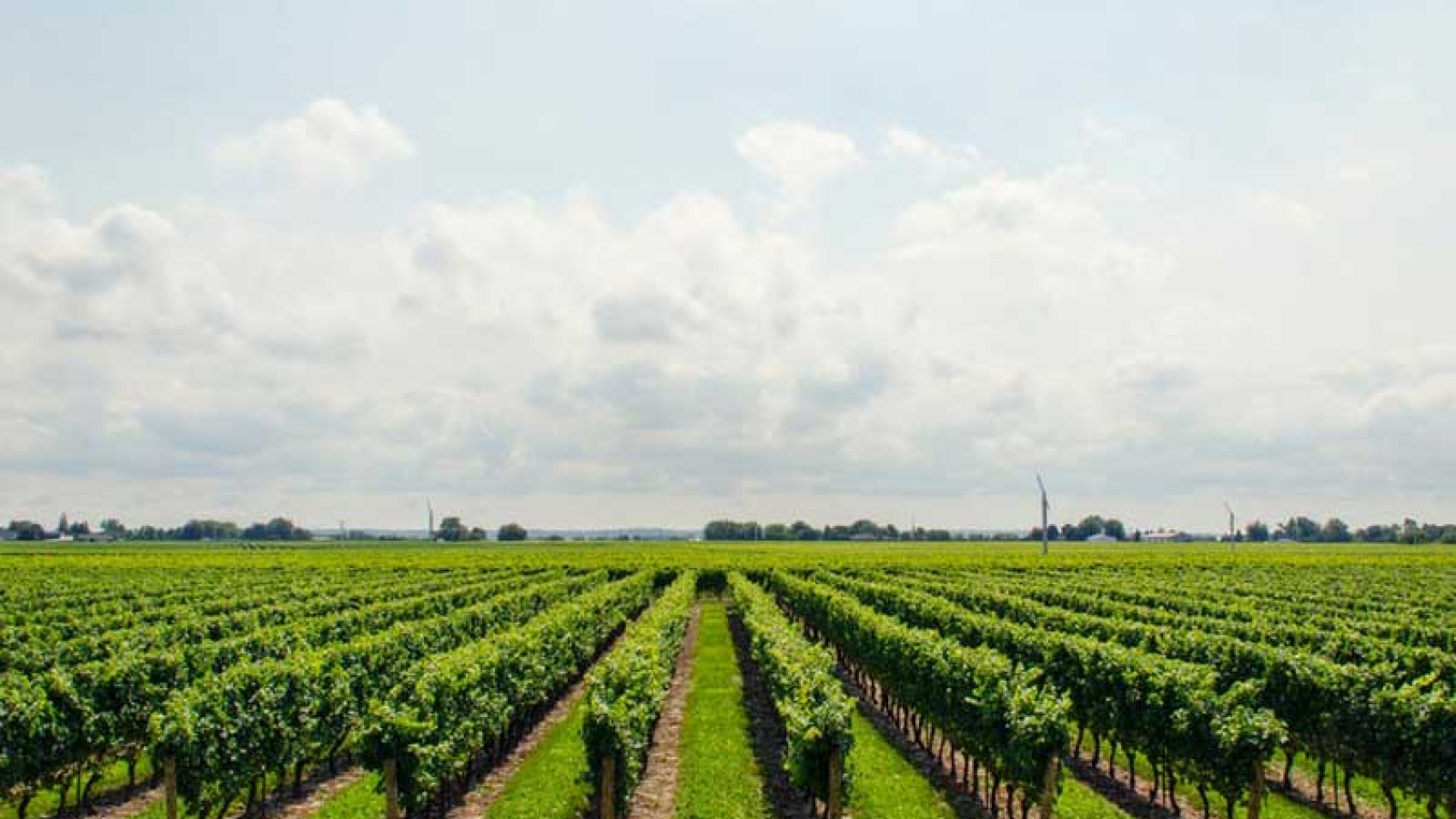Myanmar’s agricultural exports over the past ten months of the current financial year soared 25 per cent amid the closure of the major border post Muse triggered by the coronavirus impacts, indicated the Ministry of Commerce statistics. The agricultural exports rocketed to US$4.3 billion between 1 October and 20 August of the current financial year 2020- 2021, despite the downward trend in other export groups resulted from the tightened coronavirus containment measures in the border and increase in the container shipping cost. The figures reflect an increase of $877 million this FY. The agro exports topped $3.46 billion in the corresponding period of the 2019-2020FY, according to the trade figures released by the Ministry of Commerce.
The agricultural exports surged even though the main trade partner China shut down all the borders in the wake of the COVID-19 surge in Myanmar. The coronavirus pandemic impacted the foreign demand for other export groups: agricultural products, fishery, livestock, mineral, forest products, finished industrial goods and other goods. In the exports sector, the agriculture industry performed the best, accounting for 34 per cent of overall exports. The chief items of export in the agricultural sector are rice and broken rice, pulses and beans and maize. Fruits and vegetables, sesame, dried tea leaves, sugar, and other agro products are also shipped to other countries.
Myanmar agro products are primarily exported to China, Singapore, Malaysia, the Philippines, Bangladesh, India, Indonesia, and Sri Lanka. Sometimes, the export market remains uncertain due to unsteady global demand. The country requires specific export plans for each agro product, as they are currently exported to external markets based upon supply and demand. The G-to-G pact also ensures a strong market for the farmers. Contract farming systems, involvement of regional and state agriculture departments, exporters, traders, and some grower groups, are required in order to meet production targets, the Agriculture Department stated. The Commerce Ministry is working to help farmers deal with challenges such as high input costs, procurement of pedigree seeds, high cultivation costs, and erratic weather conditions.
Source: The Global New Light of Myanmar

